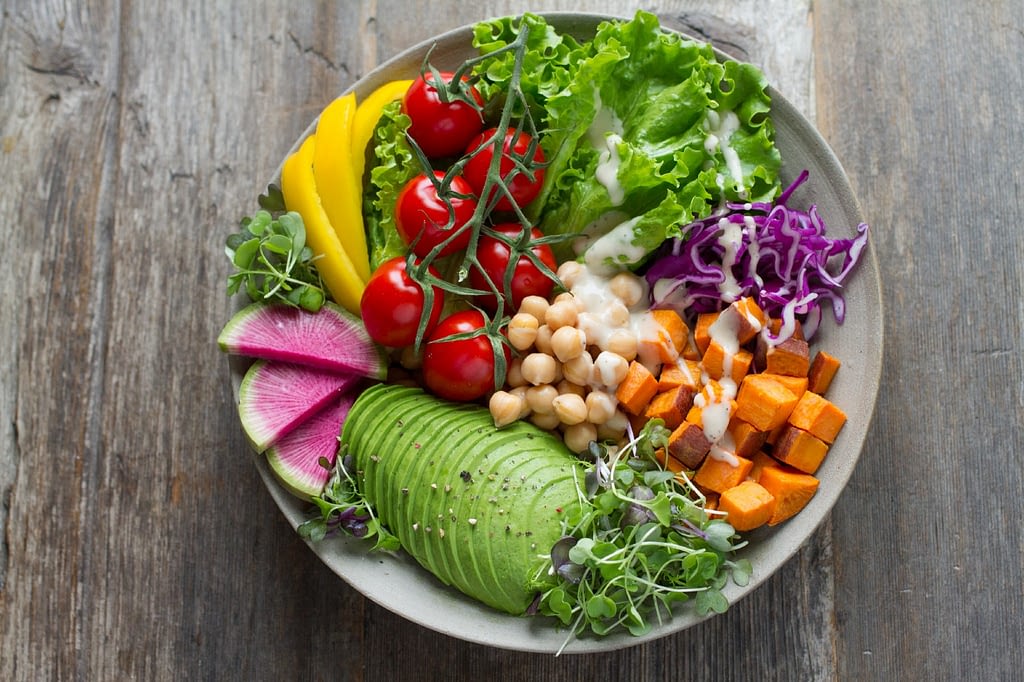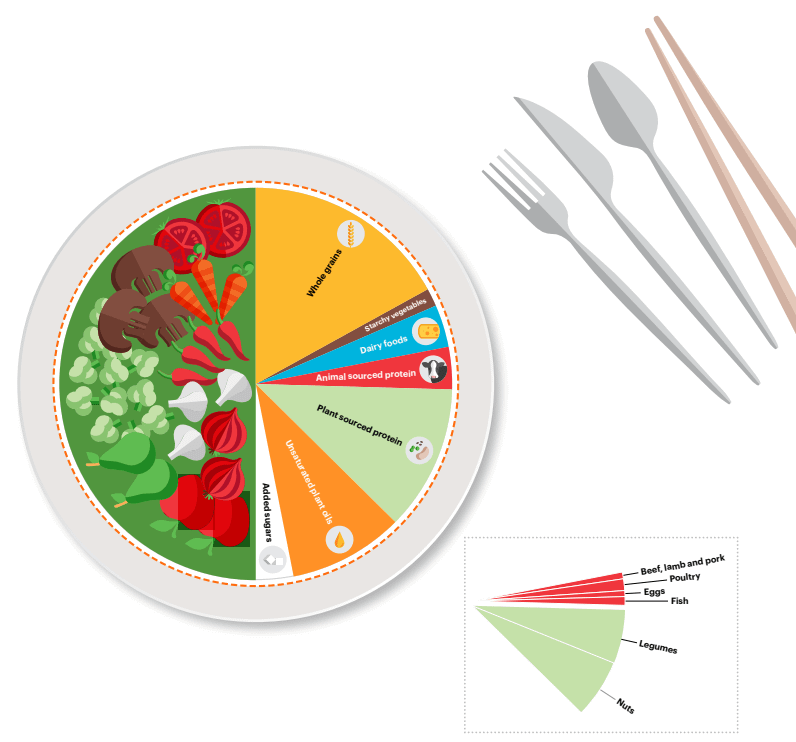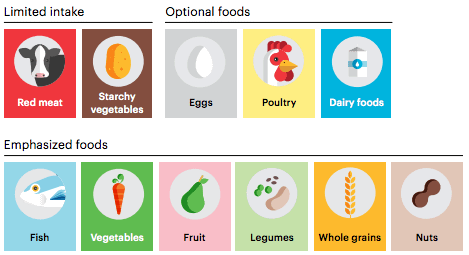What is food supposed to do?
Support all living beings on the planet, nourish our body, bring us health and vitality.
But what is it really doing?
Creating modern chronic diseases, destroying beautiful land and forests, and drastically transforming the climate on this planet that we call “Home”.
Don’t believe me?
The EAT-Lancet Commission on Food, Planet, Health is a group of over 30 world-leading scientists who have come together to transform the global food system through an evidence-based approach.
Here are some disruptive truths from their full scientific review (1) of what constitutes a healthy diet from a sustainable food system:
- Unhealthy diets now pose a greater risk to morbidity and mortality than unsafe sex, alcohol, drug and tobacco use combined.
- Today, agriculture occupies nearly 40% of global land. Food production is responsible for up to 30% of global greenhouse gas emissions and 70% of freshwater use.

- Land conversion for food production is the single most important driver of biodiversity loss.
- Globally, over 820 million people are starving every day, 150 million children suffer from long-term hunger that impairs growth and development. In parallel, over 2 billion adults are overweight and obese.
How can we have starvation and obesity under the same sky?
Why are some children eating chicken wings and ice creams while others finding food scraps in the dirt?
Why are terrible diseases so prevalent in countries where food is so accessible?
It all needs to change.
Without action, today’s children — your children, will inherit a sick planet.
And a sick planet will not sustain healthy children.
“ Food is the single strongest lever to optimize human health and environmental sustainability on Earth.”
There is not a simple reset button that we can push to get our offspring a clean planet, just like there is no magic pill that can reverse heart diseases overnight.
However, there is a way of living, supported by a huge amount of science, that can reverse the damage that we have done to our health, environment, and ecosystem.
A plant-based diet with minimal animal source foods is a solution for lifestyle-related diseases (2, 3, 4), as well as reducing the environmental impacts of food (5).

What should your new food plate look like?
Approximately half a plate of vegetables and fruits; the other half consisting of primarily whole grains, plant protein sources, unsaturated plant oils, and (optionally) modest amounts of animal sources of protein.

It is totally understandable if you believe that animal proteins are necessary for our health. This belief is ingrained into us by the purposefully misleading information from certain sectors of the food industry and commercial companies.
As difficult as it is to rewire our beliefs, truth needs to be told and heard.
A well-planned plant-based diet with a variety of food will provide you with all the nutrients you need, likely more fiber, minerals, and vitamins than what you are getting now.
Plenty of evidence-based dietary support is out there in the forms of videos, podcasts, books, documentaries, blogs, from plant-based doctors, dietitians and enthusiastic health professionals such as:
- Nutritionfacts.org
- Physicians Committee for Responsible Medicine
- The China Study
- Forks over knives
- Plant Proof Podcast
If you are reading this article, I think it is safe to assume that you live in a country where you don’t have to rely on animal proteins to meet your nutritional requirements. Here is what you can start doing:

Double the consumption of fruits, vegetables, legumes and nuts. Halve the consumption of animal products, processed foods and refined sugars.
How much impact can you bring?
You might be thinking: The planet is already so destroyed, how can my contribution change anything at all?
True, a radical shift in global food production needs to happen to reverse the amount of damage in place, but it cannot happen without behavioral changes from every single consumer.
Although the challenge we are facing is overwhelming and urgent, small changes every day still help! Behavioral change and habit forming and are not easy, but small changes are certainly better than nothing.
If more of us start taking actions, and more of the action-takers start taking bigger actions, and the producers start changing business models in response to our actions, this radical shift doesn’t seem all that impossible.
Here is one small action you can take in the next 5 minutes:
Share a link of the EAT-Lancet report to someone you know
- Summary report and podcasts
- Summary report in Arabic, Chinese, French, Indonesian, Russian, Spanish
- Brief for everyone
- Brief for or health professionals
- Brief for farmers
- Brief for food service professionals
- Brief for healthcare professionals
- Brief for policymakers
Let’s become responsible eaters and educate our friends, family, and children to become responsible global citizens.
For every small change you make, Thank you!
References
- https://eatforum.org/content/uploads/2019/01/EAT-Lancet_Commission_Summary_Report.pdf
- https://www.ncbi.nlm.nih.gov/pubmed/25198208
- https://www.ncbi.nlm.nih.gov/pmc/articles/PMC5971679/
- https://www.ncbi.nlm.nih.gov/pmc/articles/PMC6235058/
- http://science.sciencemag.org/content/360/6392/987
This article was originally published on Medium on March 1st, 2019.
